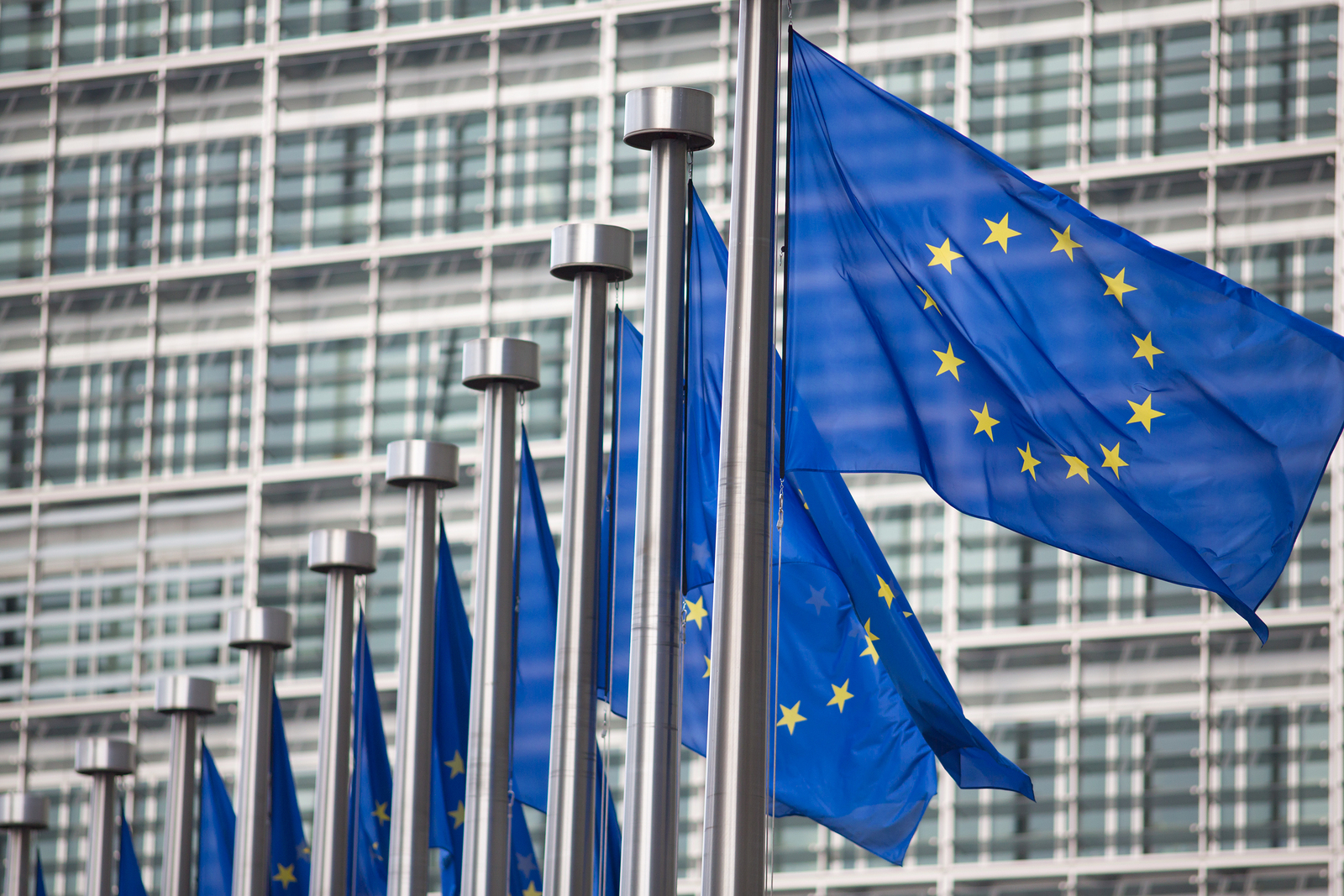The government of Jair Bolsonaro has led an offensive by emerging economies to prevent Europe from adopting protectionist measures against agricultural products on the grounds that they protect the environment.
In a letter to the European Commission, Brazil and a dozen developing countries warned that such barriers could violate international treaties.
In Europe, governments are considering introducing environmental criteria for importing agricultural products, which could mean the closure of the European market for dozens of national exporters. The process amounts to a decision in the EU in the coming months.

The initiative to draft a response came from Indonesia, which holds the G-20 presidency this year. But it was Brazilian diplomacy that spearheaded the process, gathering signatures and declarations of accession from countries on different continents.
Brazil says trade measures cannot be used to achieve environmental goals and threaten to deepen poverty without impacting forest conservation. The group also warns that the proposal could violate WTO trade agreements.
In the document submitted to the European Commission in late July, the emerging economies say they are aware of the need to protect the environment. However, they “regret that the EU has opted for unilateral legislation” rather than compliance with existing international agreements.
The group, led by Brazil, calls for Europe to expand consultations with foreign governments before erecting barriers. In the document, the emerging countries also regret that the arguments they have put forward so far have been ignored.
The letter says that Europe’s process does not sufficiently take into account the local circumstances of each region and that the criteria used are “punitive.”
The group warns that the most significant risk is that such measures “create trade distortions and diplomatic tensions without benefiting the environment.”
It said the measures would also damage corporate reputations and penalize producers in developing countries, especially small farmers.
The group also expressed concern about the discriminatory nature of the measures. In their view, such barriers could have “negative” social and “economic consequences” for developing countries.
In addition to Brazil and Indonesia, the ambassadors of Argentina, Colombia, Ghana, Guatemala, Ivory Coast, Nigeria, Paraguay, Peru, Honduras, Bolivia, Ecuador, and Malaysia also signed the letter.

